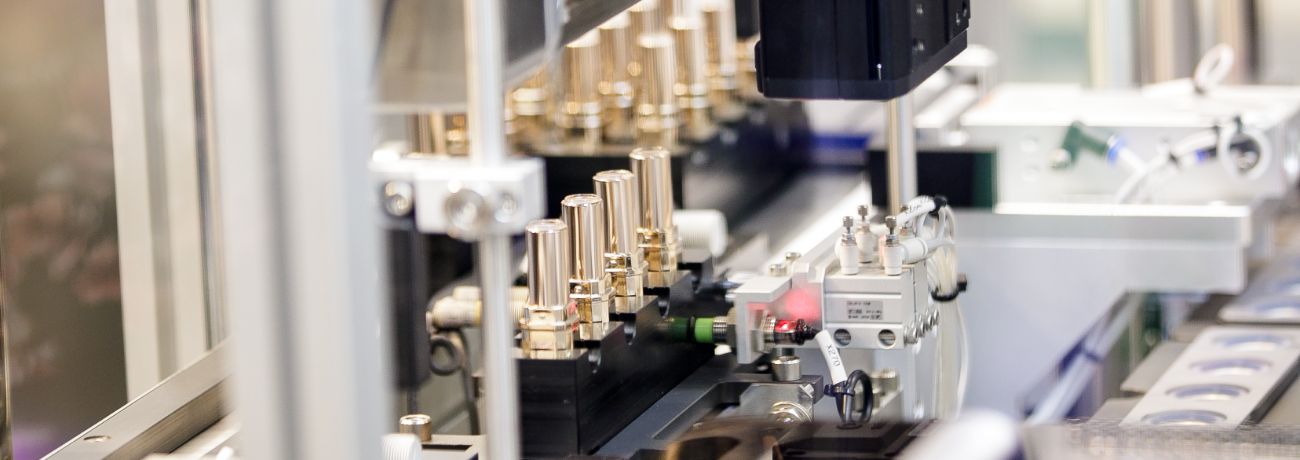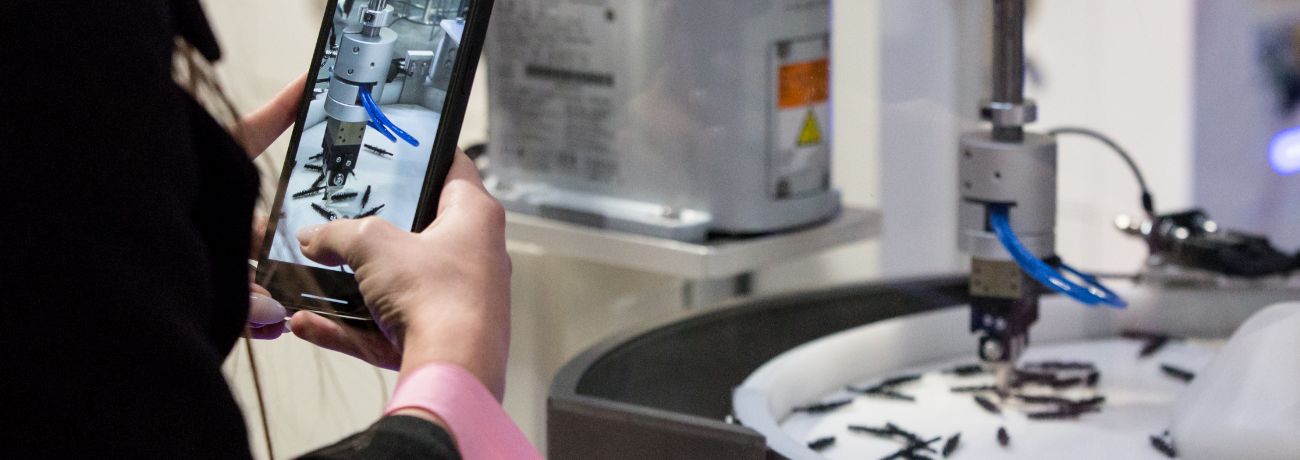Regardless of how traditional or transformative manufacturing technology is, environmental sustainability is a cosmetics industry priority. And machinery makers play an important role in this regard. “The two biggest forces shaping our sector today are sustainability and digitalization,” says Filiberto Cacciari, Head of Customer Service and Marketing at Citus Kalix and ADMV. And Stefania Chen of Wish-Tech makes a similar observation saying, “automation works best when aligned with fast-changing consumer demands such as customization and sustainability.”
Cacciari explains further saying, “in recent years,” Citus Kalix has “seen a growing demand for sustainable and eco-friendly packaging, both in primary and secondary formats. Brands are increasingly interested in materials that are recyclable, lightweight, or sourced from renewable origins. At the same time, luxury and premium packaging remain essential for high-end beauty, with protective features gaining importance especially for fragrances and skincare.” With that in mind, Coesia Group (which owns Citus Kalix) implemented what it calls a “GREENMATION strategy… a production revolution that combines automation with eco-friendly solutions helping beauty brands stay efficient, cost-effective, and sustainable.”
Lorenzo Gatti of Marchesini Group Beauty shares a recent example of how that company also is supporting manufacturers’ sustainability endeavors. “The cosmetics and pharmaceutical industries have been steadily converging in recent years…. More and more cosmetics companies are expanding their product lines with personal care offerings in the form of food supplements,” observes Gatti when asked about the beauty-from-within movement. And he goes on to tell me that “among the latest projects we’re working on is a solution for a client in the nutraceutical sector, with whom we’ve collaborated to support the transition from plastic trays to paper ones.”
“Switching from plastic to paper trays offers several advantages in terms of environmental sustainability, especially when it comes to transport efficiency.” Though changing materials involves a degree of complexity. “It’s a process,” says, Gatti, “that requires careful study and expertise—including [expertise] in robotics…. Our Group is able to offer tailored solutions for the nutraceutical industry, which sits at the intersection of pharma and beauty.”
And he proudly shares that “having an in-house team dedicated to designing paper trays is definitely a plus, as it allows us to carry out an in-depth analysis of the customer’s needs and propose the right solution, not only in terms of cost savings, but also in terms of product machinability.”
Cosmetics Industry 4.0 has not yet fully arrived. But change is underway; and machinery makers—including Marchesini Group Beauty, Citus Kalix, and Wish-Tech—continue to innovate, merging digital and physical capabilities to support cosmetics, personal care, and fragrance companies in meeting their strategic imperatives.
At Cosmopack, the world of machinery, automation, and technological innovation has always taken center stage. With a constant focus on the most advanced solutions, the event stands as a benchmark for those looking toward the future of cosmetics.
Want to find out more?

